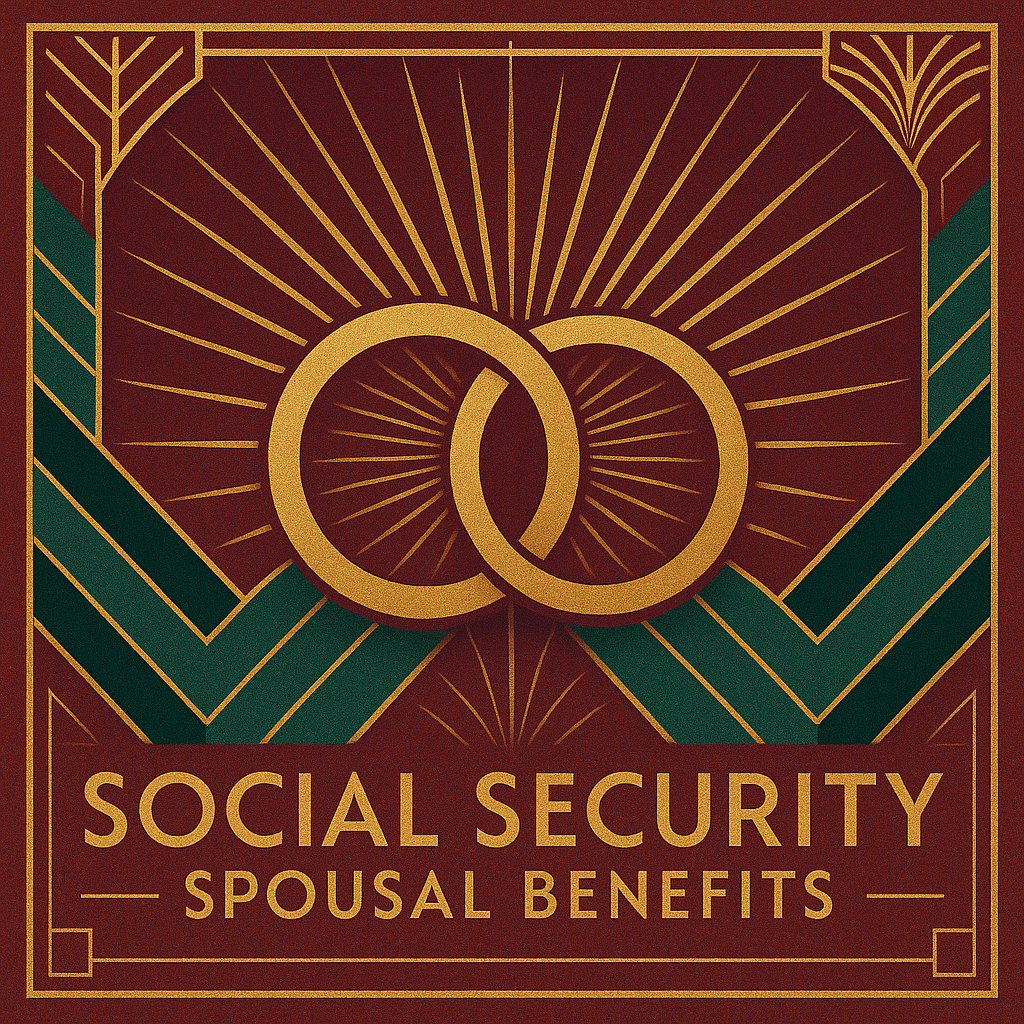How to Reduce Your Chances of a Tax Audit
Navigating the complexities of tax season can be overwhelming, and the thought of a tax audit often adds an extra layer of anxiety. At LynnLeigh & Company, we understand that one of the best ways to minimize the likelihood of an audit is through thorough preparation and attention to detail. This guide on Best Practices to Minimize an Audit provides actionable steps that can help you stay compliant with tax laws and reduce your audit risk.
We start by emphasizing the importance of accurate and honest record-keeping. Maintaining organized and complete financial records is the cornerstone of audit prevention. This includes keeping detailed records of income, deductions, and any transactions that may raise red flags, such as large charitable donations or home office deductions. We also explore the significance of filing your taxes on time and ensuring that your returns are free from errors or omissions. Simple mistakes can often trigger an audit, so double-checking your work or enlisting the help of a tax professional is crucial.
Our guide also covers the nuances of deductions and credits, highlighting which ones are more likely to attract IRS scrutiny. We offer advice on how to legitimately claim these without raising suspicion. Additionally, we address the importance of consistency in your filings—ensuring that your tax returns align with other financial documents, such as bank statements and previous tax returns.
By following these best practices, you can greatly reduce the chances of being audited, allowing you to focus on what truly matters: your financial growth and security. Trust LynnLeigh & Company to guide you through the complexities of tax preparation with confidence and clarity.






